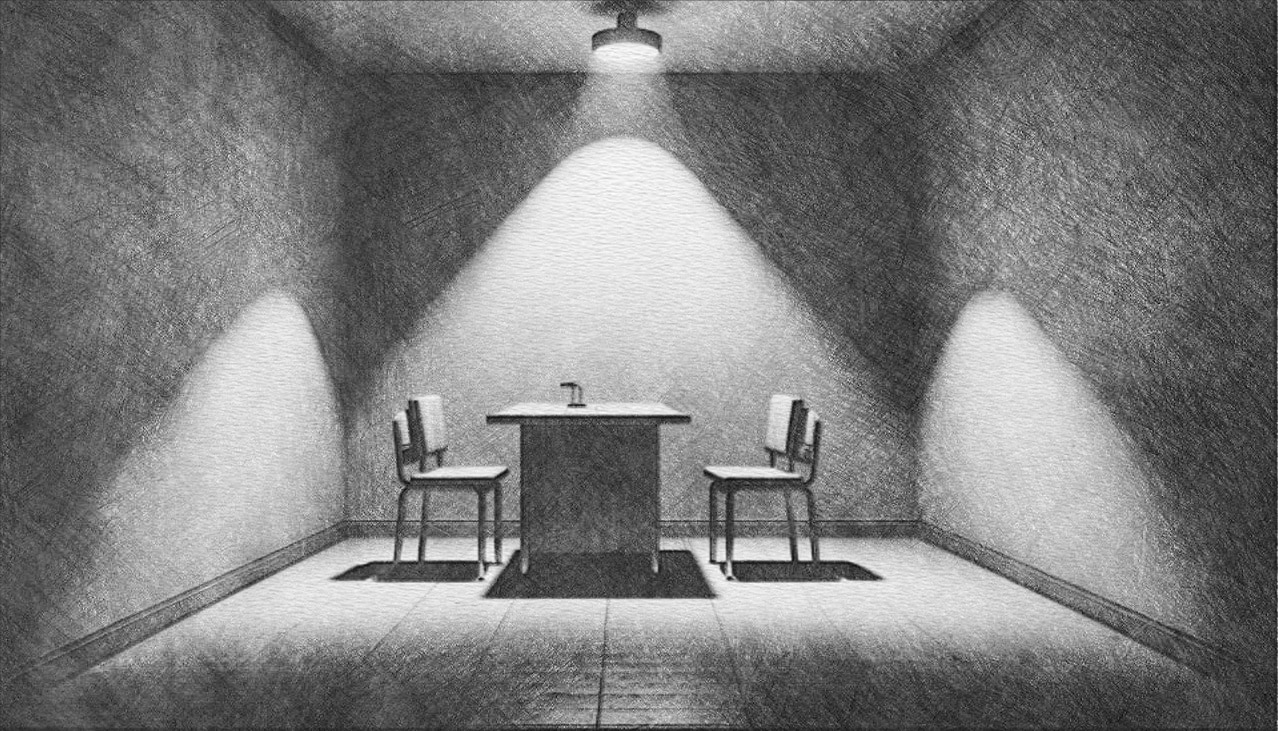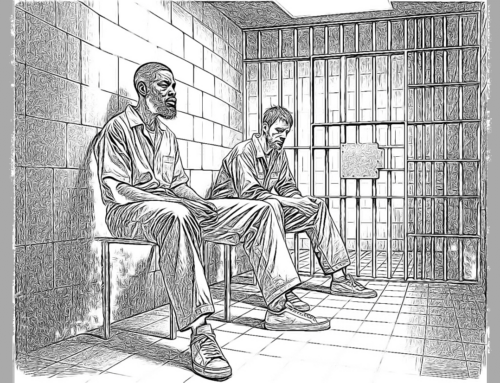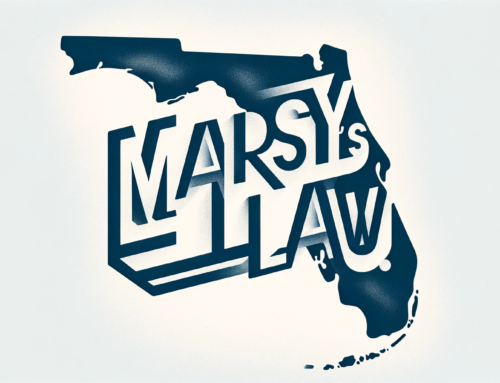Recording Police Interrogations in Florida
You’ve seen it countless times on TV crime shows – a suspect sitting in a small, windowless room facing one or more detectives who fire questions in rapid succession, pressuring the suspect to confess. But how accurate is this portrayal of police interrogations? Knowing what transpired behind closed doors is nearly impossible with no independent interrogation record.
That’s why recording custodial police interrogations is such an important issue. An electronic recording creates an objective, reviewable record of the interrogation process. It can protect both law enforcement and suspects from false claims. And it provides critical evidence for courts to determine if a statement or confession was voluntarily made.
So what are the policies and laws regarding recording interrogations in Florida? Do police have to record your questioning if you are arrested?
The Importance of Recording Interrogations
Most states now require or encourage electronic recording of at least some custodial police interrogations. As of 2022, 26 states and the District of Columbia have statutes, court decisions, or court rules requiring that interrogations related to major felonies like homicide be recorded. Why is this considered a best practice? There are several key reasons:
- It protects against false or disputed claims about the interrogation tactics used or the accuracy of any statements.
- It allows courts to better determine if a confession was voluntary and if Miranda rights were properly given.
- It enhances public confidence in the justice system by increasing transparency.
- It provides additional evidence for juries to consider.
- It encourages lawful and proper conduct during interrogations on both sides.
- It reduces disputes over the admissibility of statements.
- It aids police in developing interrogation techniques, training, and policies.
An electronic recording captures important details like the time, duration, number of officers present, the exact questions asked, the response time provided to suspects, promises made, and the demeanor of both officers and suspects. Without a recording, many interrogations essentially occur in secret with no witness other than the participants.
Florida’s Recording Policy and the Push for Reform
Florida currently has no statute, court decision, or court rule requiring the recording of police interrogations, even for the most serious felonies like murder and rape. Police policies on recording are set agency by agency, and many departments still do not record any interrogations.
However, there has been increasing discussion of reform in recent years. In 2010, the Florida Supreme Court established an Innocence Commission to study the causes of wrongful convictions and recommend measures to prevent them. The Innocence Commission has specifically recommended legislation requiring electronic recording of custodial police interrogations related to major felonies, with appropriate exceptions when recording is impractical.
The Commission prepared a detailed bill that would:
- Mandate recording of covered felony interrogations at places of detention
- Allow covert recording
- Require recordings be preserved until the end of legal proceedings
- Instruct judges and juries to consider failure to record as a factor in evaluating the admissibility and weight of statements
- Provide a cautionary jury instruction when interrogation is not recorded
So far, the Florida legislature has not passed the recording requirement proposed by the Innocence Commission. However, the Commission’s recommendation shows there is increasing expert consensus on requiring recordings. Several bills have also been introduced in the legislature, though none have yet become law.
Without a statewide recording law, policies are determined locally. In Florida, at least 62 departments and agencies, including major cities like Miami, Orlando, Tampa, Tallahassee, and others, currently record custodial interrogations for some offenses. However, many jurisdictions still need to adopt updated best practices.
How Police Recording Policies Impact Your Rights
As a suspect facing police questioning, proper electronic recording provides important legal protections by creating an objective record of exactly what was said and done.
If a statement or confession from a suspect is offered as evidence by the state, the defense has an opportunity to examine the circumstances and determine if it was voluntarily made. Was the suspect properly Mirandized? Did police use coercive questioning tactics? Were any promises or threats made?
Without a recording, it becomes a matter of the questioners’ word against the suspect’s. But a recording can provide definitive proof of coercion, lack of Miranda warning, or other constitutional issues with the interrogation process.
Additionally, if the police did not record an interrogation when policies or laws required it, that fact could be raised to challenge the admissibility of any incriminating statements. Failure to record interrogations as specified by policies is a factor judges could weigh in deciding whether to allow an unrecorded statement as evidence.
The bottom line is that electronic recording can offer crucial protection by locking in an accurate, reviewable record of the interrogation process.
Steps to Protect Your Rights During a Recorded Interrogation
If you are arrested and brought in for police questioning:
- Remain silent and politely decline to answer questions without your lawyer. Invoke your right to silence and counsel clearly.
- If police continue questioning without a lawyer, repeat your invocation of rights. Do not engage in small talk or off-the-record conversation.
- Be aware that the police may be recording you. Stay calm, cool, and collected at all times, regardless of the questioning tactics used.
- Make only truthful statements.
- Do NOT make any written or signed statements without counsel present. Ask to have your lawyer called or provided.
- If your rights are violated, a recording (if it exists) could provide evidence to fight the admissibility of your statements.
Recording technology and interrogation techniques used by police have advanced rapidly in recent decades. Unfortunately, the protection of suspects’ constitutional rights has not always kept pace. Electronic recording of all felony custodial interrogations would be a major step forward for justice and civil liberties in Florida.
An interrogation can quickly turn into a conviction if the right protections are not enforced from the start. Never hesitate to politely exercise your rights and contact a defense lawyer early on.
Contact an Experienced Criminal Defense Lawyer
Electronic recording of interrogations benefits both citizens and law enforcement while protecting civil rights. It should be a basic standard practice in every jurisdiction.
Florida trails many other states when it comes to requiring interrogations to be recorded. But there is hope momentum is building from experts and lawmakers to change that through legislation. Requiring audio or video recordings of felony interrogations would improve transparency, cut down on disputed evidence in court, and enhance public confidence without hampering legitimate law enforcement.
If you find yourself facing arrest and questioning, understand the police are not required to record your interview or your words—yet. So be sure to first invoke your rights clearly and do not make statements you might later regret without a lawyer present, regardless of any pressure or promises from detectives.
Protect your freedom by exercising your crucial legal protections from the earliest stages of a criminal case. Our firm’s experienced criminal defense lawyers can help level the playing field with law enforcement.
CALL US NOW for a CONFIDENTIAL INITIAL CONSULTATION at (305) 538-4545, or take a moment to fill out our confidential and secure intake form.* The additional details you provide will greatly assist us in responding to your inquiry.
*Due to the large number of people who contact our law office requesting our assistance, it is strongly suggested that you take the time to provide us with specific details regarding your case by filling out our confidential and secure intake form. The additional details you provide will greatly assist us in responding to your inquiry promptly and appropriately.
THERE ARE THOUSANDS OF LAW FIRMS AND ATTORNEYS IN SOUTH FLORIDA. ALWAYS INVESTIGATE A LAWYER’S QUALIFICATIONS AND EXPERIENCE BEFORE MAKING A DECISION ON HIRING A CRIMINAL DEFENSE ATTORNEY ATTORNEY FOR YOUR MIAMI-DADE COUNTY CASE









